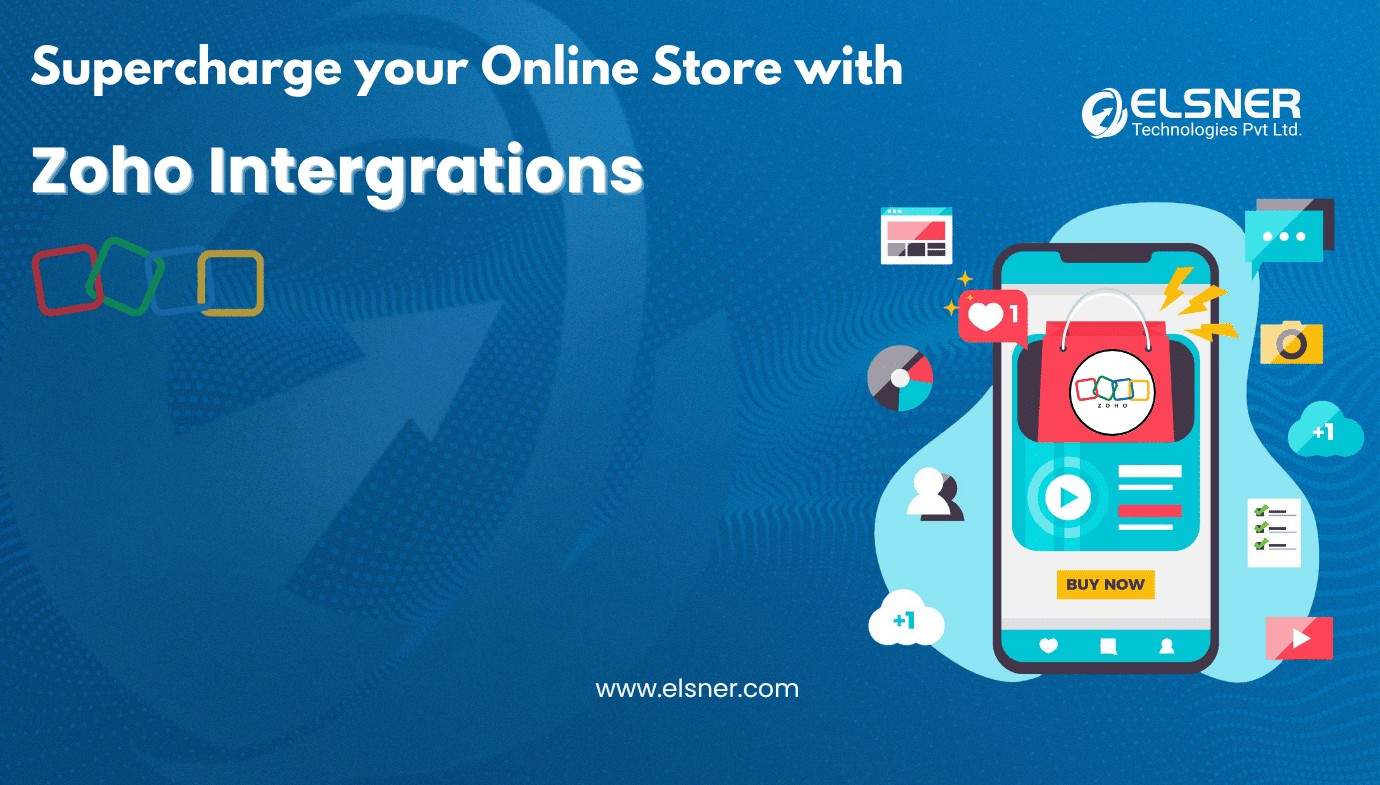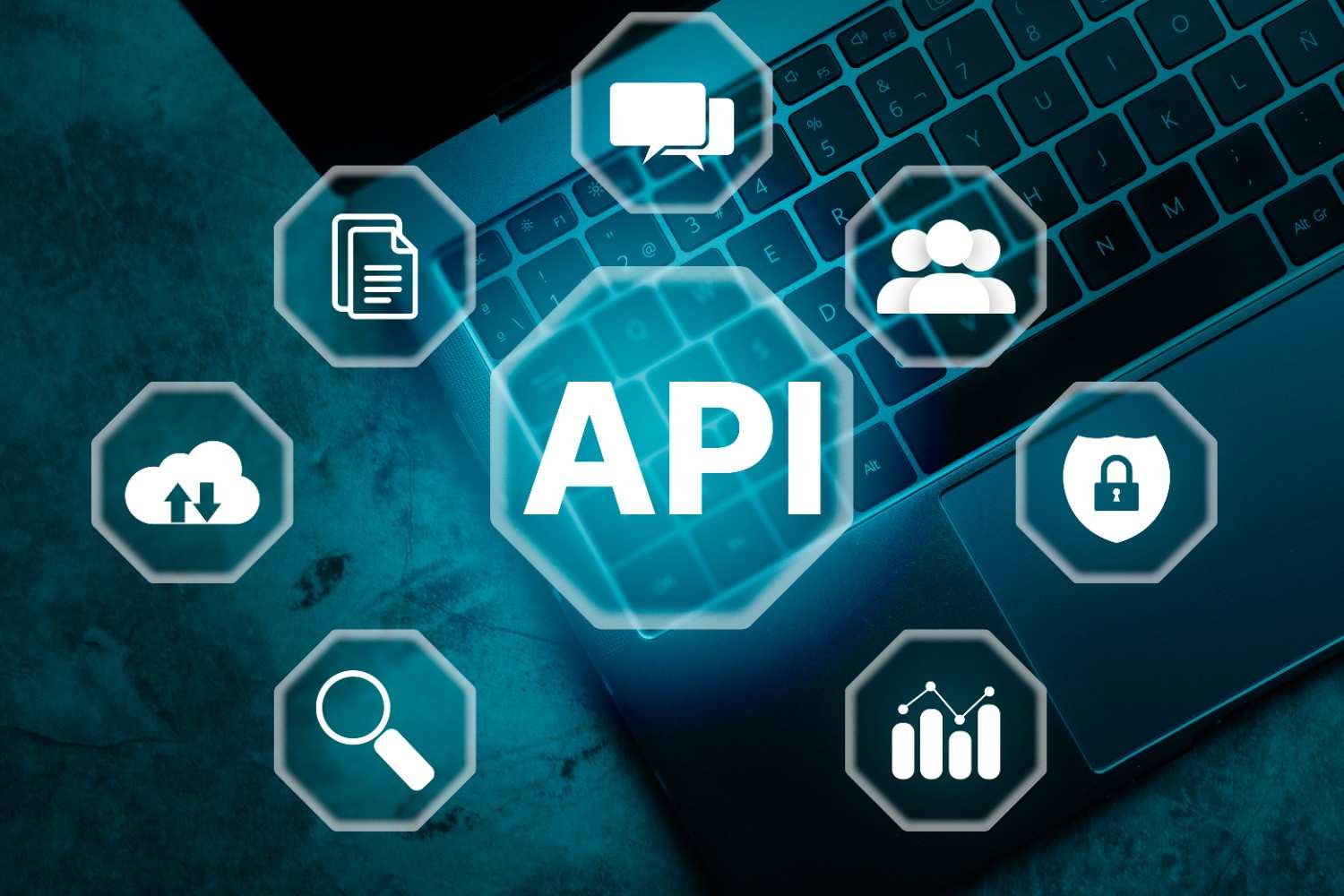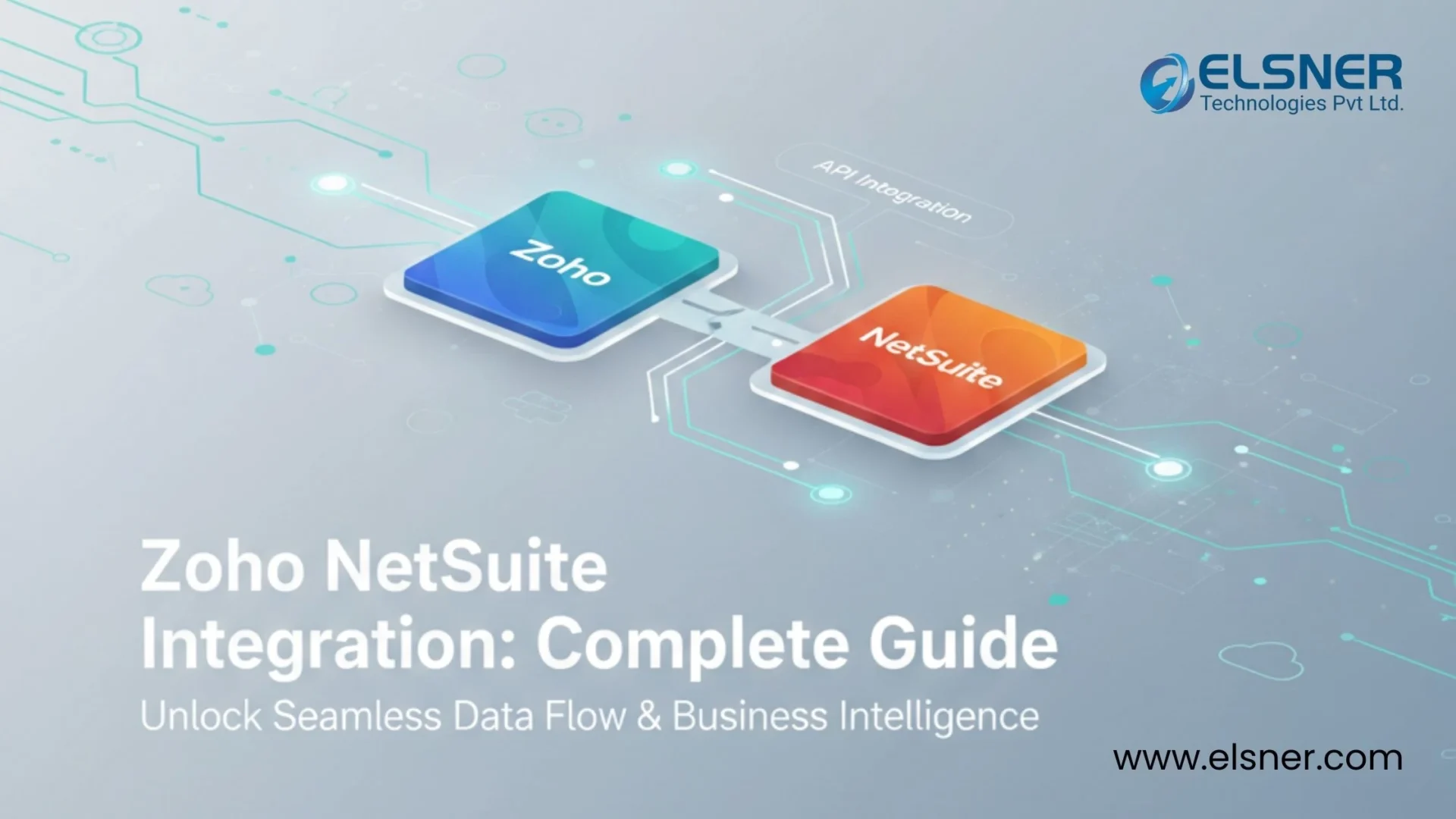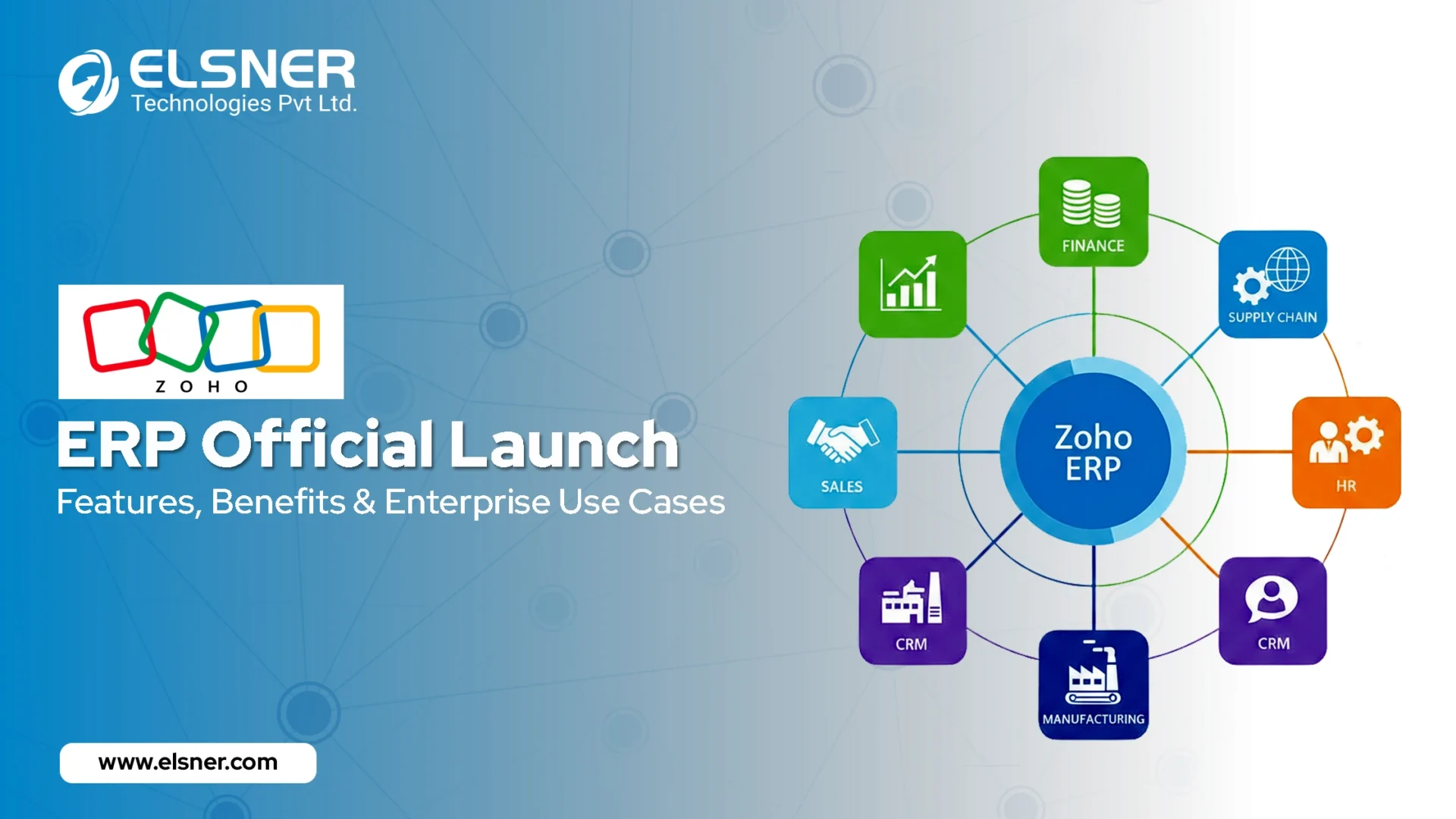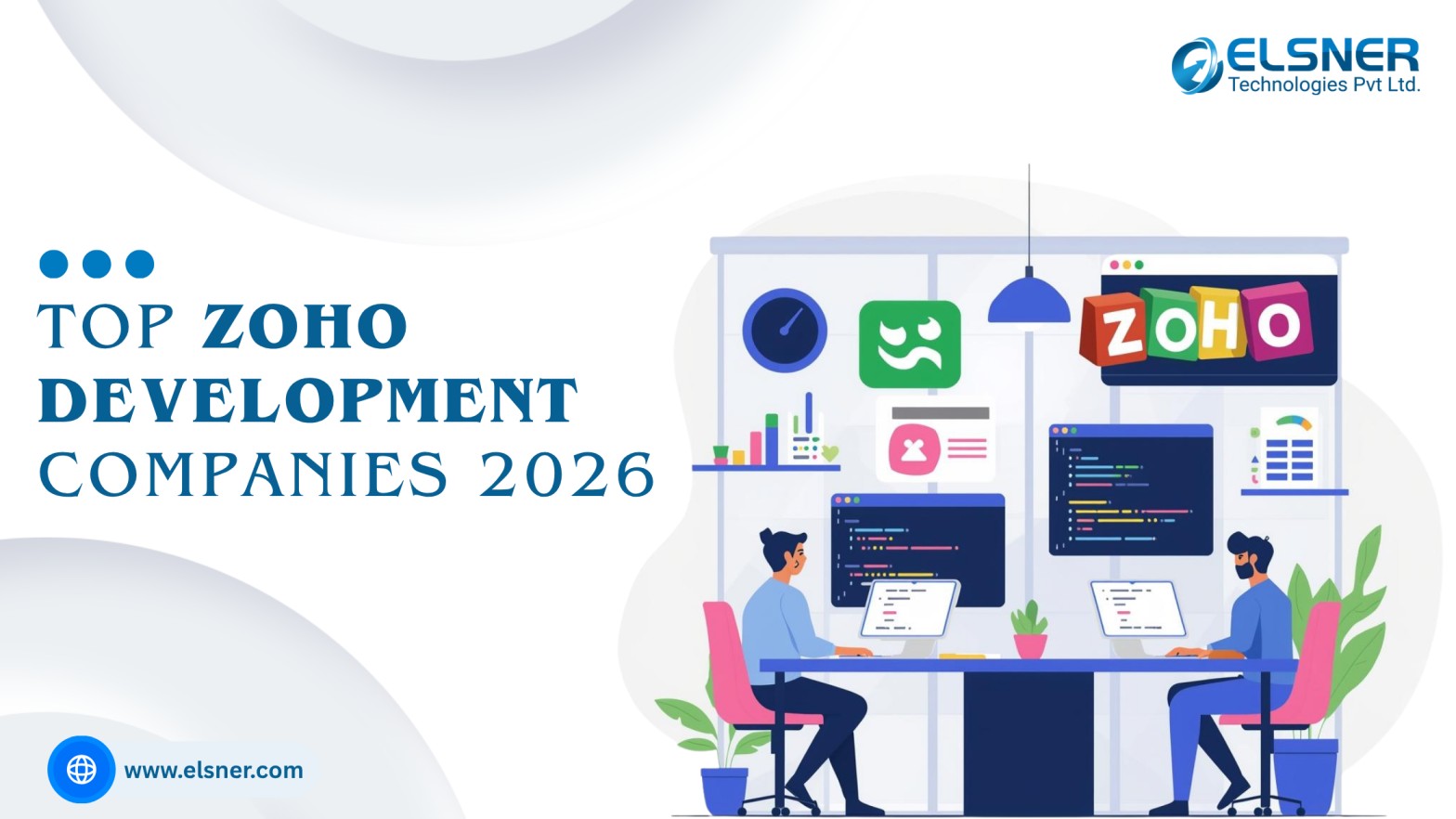- Why Zoho Is Quietly Powering E-commerce Growth?
- Understanding the Role of Zoho in E-commerce
- So, what exactly does Zoho bring to the table?
- Top Zoho Integrations to Consider
- Shopify + Zoho
- WooCommerce + Zoho
- BigCommerce + Zoho
- Wix + Zoho
- Magento + Zoho
- Bonus: Reverb, Faire, Farfetch, Salla
- Zoho Integration Summary
- Types of Integration Providers
- Built-in Zoho Integrations
- Third-Party Integration Platforms
- Custom API Integrations
- Features and Capabilities to Look For
- Technical Must-Haves
- Zoho-Specific Perks
- Questions to Ask Before Choosing an Integration
- Business Compatibility
- Customization Needs
- Vendor Support
- Ready to Transform Your Online Store with Zoho?
- Integration Management & Expectations
- Setup Process
- Monitoring & Maintenance
- Scaling Capabilities
- Best Practices for Zoho Ecommerce Integrations
- Data Accuracy Matters
- Testing & QA is Non-Negotiable
- Security Protocols to Respect
- Cost Expectations and Budget Planning
- Cost Models: What to Expect?
- Factors That Affect Your Cost
- Tips to Stay Within Budget
- Red Flags to Watch Out For
- 1. One-Size-Fits-All Integrations
- 2. No Real-Time Sync
- 3. Limited Platform Knowledge
- 4. No Failover or Error Alerts
- 5. No Post-Launch Support
- Wrapping Up: Scale Smart with Zoho Ecommerce Integration
- FAQs
- Q1: How do I integrate Zoho with Shopify?
- Q2: Can I run multiple stores with Zoho?
- Q3: Is Zoho good for enterprise brands?
- Q4: How to connect Zoho with my online store?
- Q5: Do I need developers for Zoho CRM setup?
Running an online store today is hectic. You’re managing orders, tracking inventory, and helping customers around the clock. It’s easy to feel overwhelmed.
Why Zoho Is Quietly Powering E-commerce Growth?
But what if your tools worked together?
What if your CRM, inventory, marketing, and sales all stayed in sync?
Your marketing syncs with your sales.
That’s what Zoho helps you do—without the chaos.
That is what Zoho does for your store—and it is not just for tech giants.
In fact, Zoho integration is helping small and mid-sized online stores scale without breaking a sweat—or the bank.
Zoho’s user base is surging rapidly every year especially among Shopify and WooCommerce merchants.
Still using spreadsheets and manual stock updates?
Well—this blog is your wake-up call.
We are diving into the best Zoho E-commerce plugins, showing you exactly how to integrate Zoho with your online store, and sharing how teams like Elsner Technologies make it all ridiculously simple.
Understanding the Role of Zoho in E-commerce
So, what exactly does Zoho bring to the table?
Think of Zoho as your online store’s backstage crew.
You do the selling.
Zoho handles the chaos.
Here is what Zoho offers:
- Inventory Integration: Tracks stock across multiple channels in real-time
- CRM Integrations: Keeps your customer records clean, complete, and connected
- Books & Analytics: Helps make sense of your revenue (and taxes!)
- Marketing Automation: Emails that feel personal. Campaigns that work.
With all of this, Zoho CRM integration services help you manage:
- Orders
- Customer interactions
- Inventory
- Reports
- …all in one tidy dashboard.
And yes, you can call it your All-in-one dashboard.
In fact, when you hire Zoho developers, especially those certified as a Zoho Premium Partner, you do not just get plugins.
You get precision-engineered tools that sync your store, automate boring tasks, and let you focus on growth.
Top Zoho Integrations to Consider
No two online stores are alike—some live on Shopify, others swear by WooCommerce, and a few dance between platforms like BigCommerce or Wix.
The good news?
Zoho does not play favorites.
It syncs with almost all major platforms—seamlessly.
Let us break it down.
Shopify + Zoho
If Shopify is your storefront, Zoho is your back office—but with superpowers.
What you get:
- Real-time order syncing
- Inventory auto-updates
- Customer behavior pulled straight into Zoho CRM
- Built-in support for Zoho Inventory Integration
Why it matters:
You can run promos, manage returns, and track trends without toggling 10 tabs.
Bonus: With Zoho CRM integrations, you can automate abandoned cart follow-ups like a boss.
→ Want it all set up without glitches?
Elsner offers specialized Zoho integration services tailored for Shopify.
WooCommerce + Zoho
Running on WordPress? Zoho plays well here, too.
Here is what you will love:
- Automated sync of orders and customers
- Real-time inventory updates
- Central dashboard for multi-channel fulfillment
- Built-in Zoho Books and Zoho CRM integration services
Why use it:
It reduces order mistakes, avoids double-selling, and lets you focus on scaling, not spreadsheets.
Curious how others have made it work?
Explore our Zoho Success Stories to see real results from E-commerce brands that integrated Zoho with WooCommerce and beyond.
Pro Tip:
To get the most out of it, hire Zoho developers familiar with WooCommerce architecture.
BigCommerce + Zoho
BigCommerce is great for growing stores. Pair it with Zoho, and you are ready to go big.
Perks you will love:
- Multi-store support
- Centralized product info across regions
- Unified customer data in Zoho CRM
- Deep integration with Zoho Inventory Integration
Why this combo rocks:
You manage thousands of SKUs without drowning in chaos.
Need help?
We suggest teaming up with a Zoho Partner like Elsner to fine-tune everything.
Wix + Zoho
Wix is beginner-friendly—but still powerful. With Zoho, it becomes a lot more scalable.
What you can do:
- Sync inventory between store and backend
- Push order info to CRM instantly
- Run marketing campaigns based on purchase history
- Use Zoho CRM integrations to streamline customer support
Why bother?
Because doing it manually is so 2022.
Magento + Zoho
Running an enterprise-level Magento store? Well, Zoho can still keep up—beautifully.
What to expect:
- Advanced catalog rules
- Dynamic pricing sync
- Custom fields mapped into Zoho CRM
- Deep-level Zoho E-commerce integration
Note:
Magento stores usually need custom API development. This is where Zoho consulting services and experts at Elsner come in handy.
Bonus: Reverb, Faire, Farfetch, Salla
Do you sell on niche marketplaces? Zoho does not leave you hanging.
Available options:
- SKU sync
- Real-time order imports
- Unified reporting
- Integration with Zoho Inventory, Zoho CRM, and Zoho Books
Whether you are selling vintage guitars or curated fashion, Zoho adapts fast. Elsner’s Zoho development services can even build connectors if none exist.
Zoho Integration Summary
|
Platform |
Key Feature |
Best For |
|
Shopify |
Real-time sync, CRM automation |
Fast-scaling DTC stores |
|
WooCommerce |
WordPress native, strong inventory |
Small to mid-sized brands |
|
BigCommerce |
Multi-store support, advanced CRM |
Global product catalogs |
|
Wix |
Ease-of-use + CRM |
New eCom sellers with growth plans |
|
Magento |
Deep-level API integration |
Large, complex product-based brands |
|
Reverb/Faire |
Marketplace sync, niche sales flows |
Sellers on vertical/niche platforms |
Types of Integration Providers
When it comes to connecting your online store with Zoho, you are not stuck with just one option. Depending on your business size, tech setup, and budget—you have choices.
Let us explore them.
Built-in Zoho Integrations
These are pre-made by Zoho, polished, and ready to use.
Why choose this:
- Seamless experience
- Fast setup
- Direct support from Zoho
Good for:
Stores already using Zoho CRM, Zoho Inventory, or Zoho Books.
Limitations:
- Limited customizability
- May not support every platform
Still, if you want a Quick setup with Zoho without the tech fuss—this is a great starting point.
Third-Party Integration Platforms
Think of them like digital matchmakers. Tools like Zapier, Automate.io, and SKUPlugs connect your store with Zoho apps.
Why they work:
- Broader platform support
- Often no-code setup
- Real-time syncing
Best for:
Mid-level stores with moderate technical needs.
But… If syncing breaks or you need complex workflows, you might hit a wall.In such cases, Zoho development services from partners like Elsner can help build Reliable setup.
Custom API Integrations
Want full control? Then build a tailor-made bridge between your online store and Zoho.
Why go custom:
- Maps every single data point
- Handles complex inventory logic
- Perfect for enterprise-grade sync
- Ideal for large-scale platform shifts like an Odoo to Zoho Migration
Use this when:
- You need integrations across multiple stores
- You want custom CRM workflows
- Off-the-shelf tools cannot handle your SKUs
This is where you hire Zoho developers with API experience.
A Zoho Premium Partner like Elsner brings both experience and creativity to your table.
Heads-up: Custom = higher cost. But done right, it gives you 10x returns.
Features and Capabilities to Look For
Not all integrations are created equal. Before you commit, double-check these essentials:
Technical Must-Haves
- Bi-directional sync
Sync data both ways—store to Zoho, and Zoho back to store. The best Zoho Ecommerce plugins support this by default.
- Real-time inventory updates
No one likes overselling. Zoho integration services ensure you stay accurate every hour.
- Smart order management
Orders should land directly into Zoho Books or Zoho CRM—no manual entry. Some of the best Zoho Ecommerce plugins offer this out-of-the-box.
- Multi-channel support
Selling on Amazon, Shopify, and WooCommerce? Use Zoho integration services to sync everything effortlessly.
- API compatibility
Make sure it will integrate Zoho with the online store backend. APIs must talk smoothly.
Zoho-Specific Perks
- Native CRM support
Customer data stays fresh. Good plugins will integrate Zoho with online stores seamlessly.
- Zoho Inventory integration
Track SKUs, automate stock levels, and reorder like a pro with the best Zoho Ecommerce plugins.
- Automation everywhere
Triggers, alerts, customer journeys—all built in. That is the power of tailored Zoho integration services.
- Unified reporting
Zoho Analytics gives a full view. No more app-hopping to see your data.If your current tools cannot deliver these, it may be time to switch—or go custom—with the help of Zoho consulting services.
Questions to Ask Before Choosing an Integration
Choosing a Zoho Ecommerce integration is not just about tech—it is about compatibility, future-proofing, and support. Here is what to ask before you dive in.
Business Compatibility
Will it work with my current online store?
Some plugins are Shopify-first, others are WooCommerce-friendly. Check the fine print before you plug it in.
Can it handle multiple storefronts or marketplaces?
If you sell on Amazon, your own website, and Shopify—you need an integration that centralizes orders. If not, chaos will ensue.
What about fulfillment workflows?
If your warehouse, supplier, or dropshipping chain needs syncing—make sure that works too.
Customization Needs
Can it be tailored to my processes?
Pre-built plugins are fast—but rigid. If your business is unique (which it probably is), you may want custom Zoho CRM integration services.
Are there limits on product count or order volume?
Low-tier tools may freeze or fail under pressure. Check if the integration scales with your business.
Can I add custom fields or logic?
Want to add a loyalty tag to VIP buyers? Need special pricing tiers? Elsner’s Zoho developers can step in and tailor the setup for you.
Vendor Support
What is the support turnaround time?
If your integration breaks during peak sales, who do you call?
Is onboarding included?
Some services set up everything for you. Others leave you with documentation and prayers.
Do they offer ongoing maintenance?
The best tools send alerts, get regular updates, and are easy to fix. If not, brace for future breakdowns.
Ready to Transform Your Online Store with Zoho?
DON’T LET OUTDATED SYSTEMS HOLD YOU BACK. UNLOCK SEAMLESS ZOHO INTEGRATIONS WITH ELSNER TO STREAMLINE, SELL, AND SCALE SMARTER.
Integration Management & Expectations
So you found the perfect Zoho Ecommerce integration. Now what?
Here is what to expect once the real work begins.
Setup Process
Initial Configuration
First, connect your Zoho apps (CRM, Inventory, Books) to your Ecommerce store. Whether you’re starting fresh or handling a Zoho migration from older tools, Elsner can configure it all for you.
App Connections
Authorize API tokens, sync permissions, and run a test sync.
This avoids data goblins from eating your records later.
Scheduling Syncs
Set how often your inventory, orders, and customer data update.
Real-time syncs? Hourly? Nightly batches?
This depends on the plugin or the Zoho integrations services provider you choose.
Monitoring & Maintenance
Error Handling
Even the best integrations sometimes burp.
Look for tools that highlight errors like “Product not found” or “Price mismatch.”
We, at Elsner Technologies, monitor these so you do not have to.
Issue Alerts
Smart platforms like SKUPlugs offer real-time alerts when something breaks. If your app does not? That is a red flag.
Regular Health Checks
Just like your yearly doctor visit—run data audits.
Mismatch between Zoho Inventory and Shopify? Fix it fast.
Scaling Capabilities
More SKUs? More Stores? No Problem.
Your integration should handle your business as it grows—
More categories? Additional Shopify storefronts?
That is where choosing from Zoho Premium Partner solutions matters.
New App Additions
Adding email marketing or a returns portal later?
Choose a modular integration that plays nice with others.
High Traffic? Bring It On.
Ecommerce during Black Friday = madness.
Your Zoho connection should not crash.
That is why Zoho development services built by pros like Elsner are a safer bet than generic apps.
Best Practices for Zoho Ecommerce Integrations
Think of these like your Ecommerce commandments—break them, and things get messy fast.
Data Accuracy Matters
- Sync Regularly
Real-time or scheduled—just do not skip it.
No one wants to sell what is out of stock.
- Watch for Duplicates
Double products, messed-up SKUs?
It ruins reports and confuses buyers.
- Use Audit Trails
Track every change—price edits, stock adjustments, new SKUs.
This helps with conflict resolution and internal accountability.
Pro tip:
Zoho CRM integrations from experienced developers help prevent dirty data right from the start.
Testing & QA is Non-Negotiable
-
Run Initial Sync Tests
Before you go live—sync a few products and orders. Check accuracy. Look for weird formatting.
-
Use Sandbox Environments
Do not test on your live site. Ever. Use staging environments offered by most Zoho consulting services.
-
Validate End-to-End
Create a test customer, place an order, check inventory and CRM logs. If one thing breaks—fix it before launch.
Security Protocols to Respect
-
API Token Hygiene
Never hardcode tokens.
Use environment variables or vault storage. -
SSL Encryption is a Must
Your sync tool should use HTTPS at all times.
Your customers’ data deserves protection. -
Role-Based Access
Limit who can configure the integration.
Everyone should not be able to break everything.
Not only that, but If you need help, our Zoho developers can guide you, these best practices come baked into the process.
Cost Expectations and Budget Planning
Integrating Zoho with your online store is like renovating a house.
It can be affordable, but if you go wild without a plan?
Get ready to burn your budget faster than your favorite snack in the microwave.
Cost Models: What to Expect?
|
Cost Model |
Description |
Ideal For |
|
Subscription-Based |
Pay monthly or yearly for access to an integration platform (e.g., SKUPlugs, Zoho Flow) |
Small to mid-sized businesses |
|
Per-Connector Fees |
Pay for each connected platform (Zoho CRM + Shopify = 1 connector) |
Businesses with fewer platforms |
|
Pay-Per-Sync |
Charged based on data volume (e.g., per order or product sync) | High-volume stores |
|
Custom Integration Projects |
One-time development fee, sometimes with maintenance add-ons |
Large enterprises or stores with unique requirements |
Note: Zoho integration services from a professional Zoho Partner like Elsner can be customized to fit these models.
Factors That Affect Your Cost
-
Number of storefronts
Running Shopify and WooCommerce? Costs go up.
-
Data volume
Thousands of SKUs or frequent orders = more syncing and higher costs.
-
Sync frequency
Real-time syncs are more resource-intensive than scheduled ones.
-
Customization
The more custom rules, logic, or workflows, the more you may need custom Zoho development services.
-
Vendor support tiers
Need 24/7 assistance? Hands-on support? Some premium plans charge extra.
Tips to Stay Within Budget
-
Start Simple
Begin with syncing essentials: orders, inventory, and contacts.
-
Use Native Tools First
Explore built-in Zoho integrations before jumping into third-party platforms.
-
Avoid Over-Integrating
Every extra sync point adds complexity and cost.
-
Hire the Right Help
If you need help, our Zoho developers can guide you, we help you optimize for long-term savings—not just initial speed.
-
Set Alerts
Monitor API usage, sync errors, or order spikes to avoid surprise overages.
Red Flags to Watch Out For
Here are a few traps many Ecommerce brands fall into during Zoho Ecommerce integration—do not let them catch you off guard:
1. One-Size-Fits-All Integrations
If a vendor says, “It works for every store,” run.
Each business has unique workflows.
You need integrations that fit, not ones you force-fit.
2. No Real-Time Sync
Some platforms sync data every few hours.
By the time your inventory is updated—your customer is gone.
Always ask: Does this support real-time sync?
3. Limited Platform Knowledge
If your integration partner only knows Shopify but not Zoho—trouble ahead.
At Elsner, we bring certified Zoho expertise and Ecommerce platform mastery.
4. No Failover or Error Alerts
If something breaks, will you know?
Do they send alerts for sync failures?
Always look for built-in monitoring tools.
5. No Post-Launch Support
The launch is not the finish line.
It is just the starting point.
Choose partners (like us at Elsner) who offer ongoing Zoho consulting services—not just a “set it and forget it” approach.
Wrapping Up: Scale Smart with Zoho Ecommerce Integration
Let us be real:
running an Ecommerce brand is chaos on a good day.
But when you integrate Zoho with your online store the right way?
You bring order to the madness.
You gain:
- Centralized data with Zoho CRM integration services
- Real-time inventory through Zoho inventory integration
- Enhanced decision-making via unified dashboards
- And a much better work-life balance (yes, really)
Whether you run Shopify, WooCommerce, or even niche marketplaces—Zoho Ecommerce integration gives you the backend power to match your front-end growth.
Ready to level up?
You focus on growing your store—we’ll handle the technical stuff.
Reach out to Elsner Technologies today and let our experts take care of everything behind the scenes.
From Zoho Premium Partner insights to custom Zoho developers, we have your back from strategy to support.
FAQs
Q1: How do I integrate Zoho with Shopify?
Use the best Zoho Ecommerce plugins or custom Zoho integrations services for Shopify sync.
Q2: Can I run multiple stores with Zoho?
Yes—with the best Zoho Ecommerce plugins and reliable Zoho CRM integrations.
Q3: Is Zoho good for enterprise brands?
Absolutely—Zoho CRM integration services and Zoho integrations services scale smoothly for enterprise.
Q4: How to connect Zoho with my online store?
You can integrate Zoho with an online store via built-in apps or hire experts for integration through APIs.
Q5: Do I need developers for Zoho CRM setup?
For advanced Zoho CRM integrations, it helps to hire experts in Zoho CRM integration services.

About Author
Pankaj Sakariya - Delivery Manager
Pankaj is a results-driven professional with a track record of successfully managing high-impact projects. His ability to balance client expectations with operational excellence makes him an invaluable asset. Pankaj is committed to ensuring smooth delivery and exceeding client expectations, with a strong focus on quality and team collaboration.

